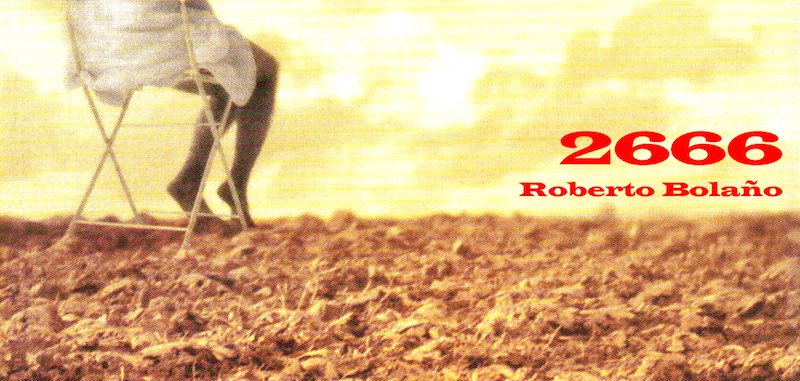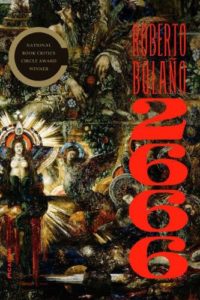

“In a burst of invention now legendary in contemporary Spanish-language literature, and rapidly becoming so internationally, Bolaño in the last decade of his life, writing with the urgency of poverty and his failing health, constructed a remarkable body of stories and novels out of precisely such doubts: that literature, which he revered the way a penitent loves (and yet rails against) an elusive God, could meaningfully articulate the low truths he knew as rebel, exile, addict; that life, in all its gruesome splendor, could ever locate the literature it so desperately craves in order to feel itself known.
…
“Bolaño’s urgency infuses literature with life’s whole freight: the ache of a writing-workshop aspirant may embody sexual longing, or dreams of political freedom from oppression, even the utopian fantasy of the eradication of violence, while a master-novelist’s doubts in his works’ chances in the game of posterity can stand for all human remorse at the burdens of personal life, or at knowledge of the burdens of history.
…
“2666 is as consummate a performance as any 900-page novel dare hope to be: Bolaño won the race to the finish line in writing what he plainly intended, in his self-interrogating way, as a master statement. Indeed, he produced not only a supreme capstone to his own vaulting ambition, but a landmark in what’s possible for the novel as a form in our increasingly, and terrifyingly, post-national world. The Savage Detectives looks positively hermetic beside it.
…
“Bolaño’s genius is for weaving a blunt recitation of life’s facts — his novels at times evoke biographies, case studies, police or government files — with digressive outbursts of lyricism as piercing as the disjunctions of writers like Denis Johnson, David Goodis or, yes, Philip K. Dick, as well as the filmmaker David Lynch … Bolaño has been, because of his bookishness, compared to Jorge Luis Borges. But from the evidence of a prose always immediate, spare, rapturous and drifting, always cosmopolitan and enchanted, the Bolaño boom should be taken as immediate cause for a revival of the neglected master Julio Cortázar. (Cortázar’s name appears in 2666, but then it may seem that every human name appears there and that Bolaño’s book is reading your mind as you read it.)
…
“A novel like 2666 is its own preserving machine, delivering itself into our hearts, sentence by questing, unassuming sentence; it also becomes a preserving machine for the lives its words fall upon like a forgiving rain, fictional characters and the secret selves hidden behind and enshrined within them: hapless academic critics and a hapless Mexican boxer, the unavenged bodies deposited in shallow graves. By writing across the grain of his doubts about what literature can do, how much it can discover or dare pronounce the names of our world’s disasters, Bolaño has proven it can do anything, and for an instant, at least, given a name to the unnamable.”
–Jonathan Lethem, The New York Times Book Review, November 12, 2008

